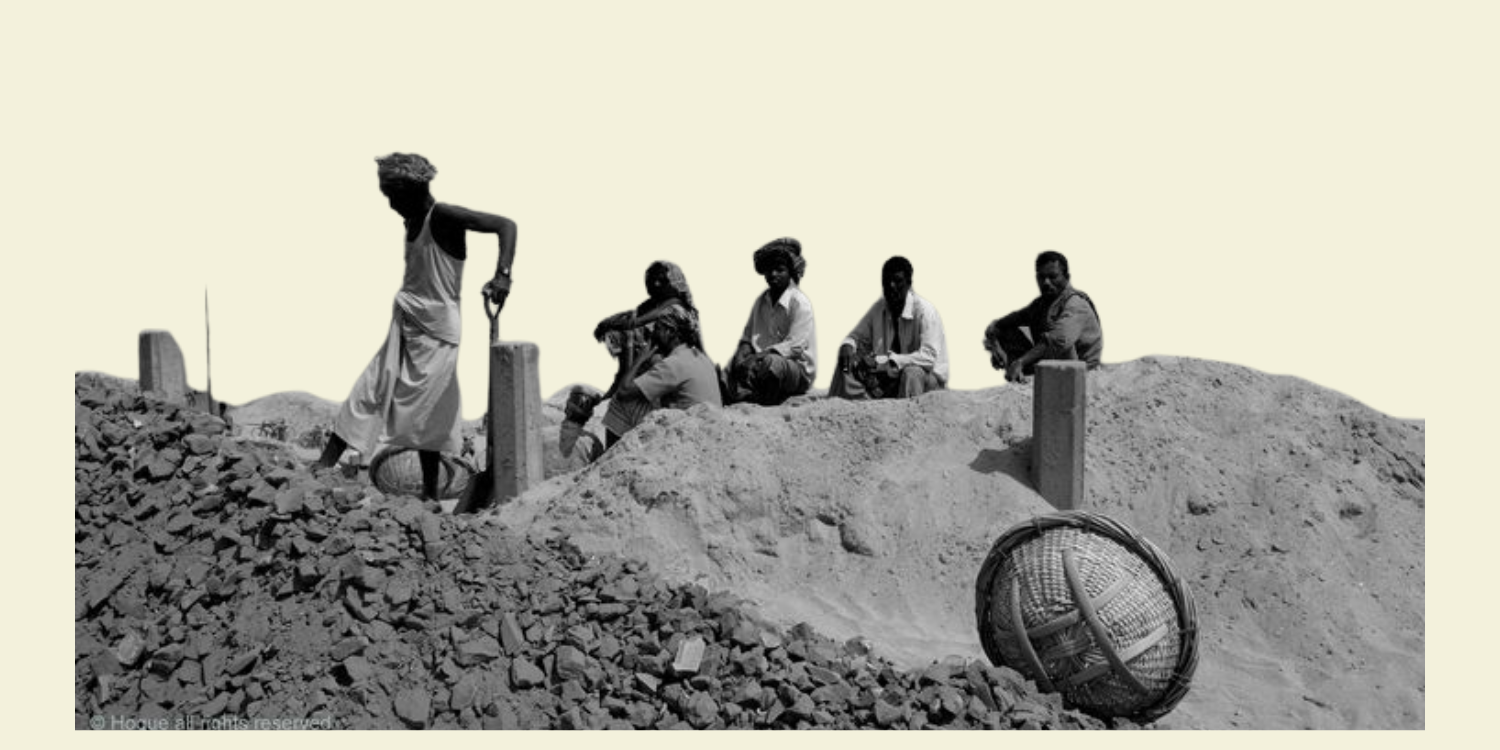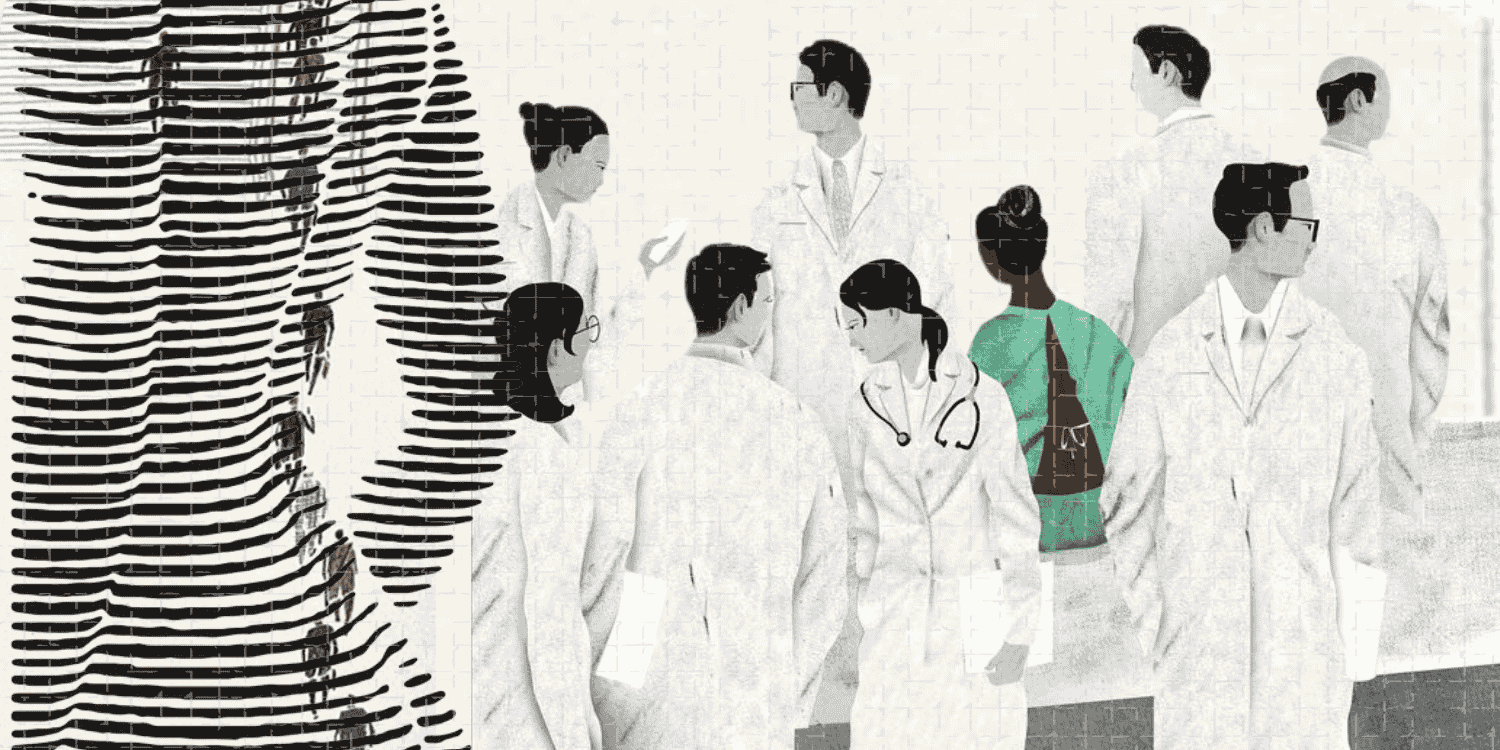ABSTRACT
This paper explores the rise in hysterectomies (a medical procedure to remove a woman’s uterus) among sugarcane labourers in the Beed district of Maharashtra. Employing an intersectional lens, the paper examines how bodies of female labourers in the region are imbued in a complex set of relations shaped by the agrarian crisis, migration patterns and labour relations. The paper also highlights the structural interventions undertaken by the Maharashtra State Government to address the situation and puts forward suggestions for effective policy implementation.
INTRODUCTION – AGRARIAN DISTRESS AND SEASONAL MIGRATION IN BEED
Beed, an administrative district in the Aurangabad division of Maharashtra, lies in the Marathwada region bordering Karnataka and Telangana. On October 31, 2018, the government of Maharashtra declared Beed as one of the most severe drought-hit districts in the country based on indicators such as rainfall deficit, low soil quality and decline in groundwater index (Kurtkoti and Paraste 2019). Due to prolonged drought conditions, an unprecedented rise in crop failure, debt accumulation among farmers, an increase in input costs of farming alongside declining output cost of crop produce and the lack of alternative employment opportunities, a large number of farmers in the region are pushed to the verge of suicide.





